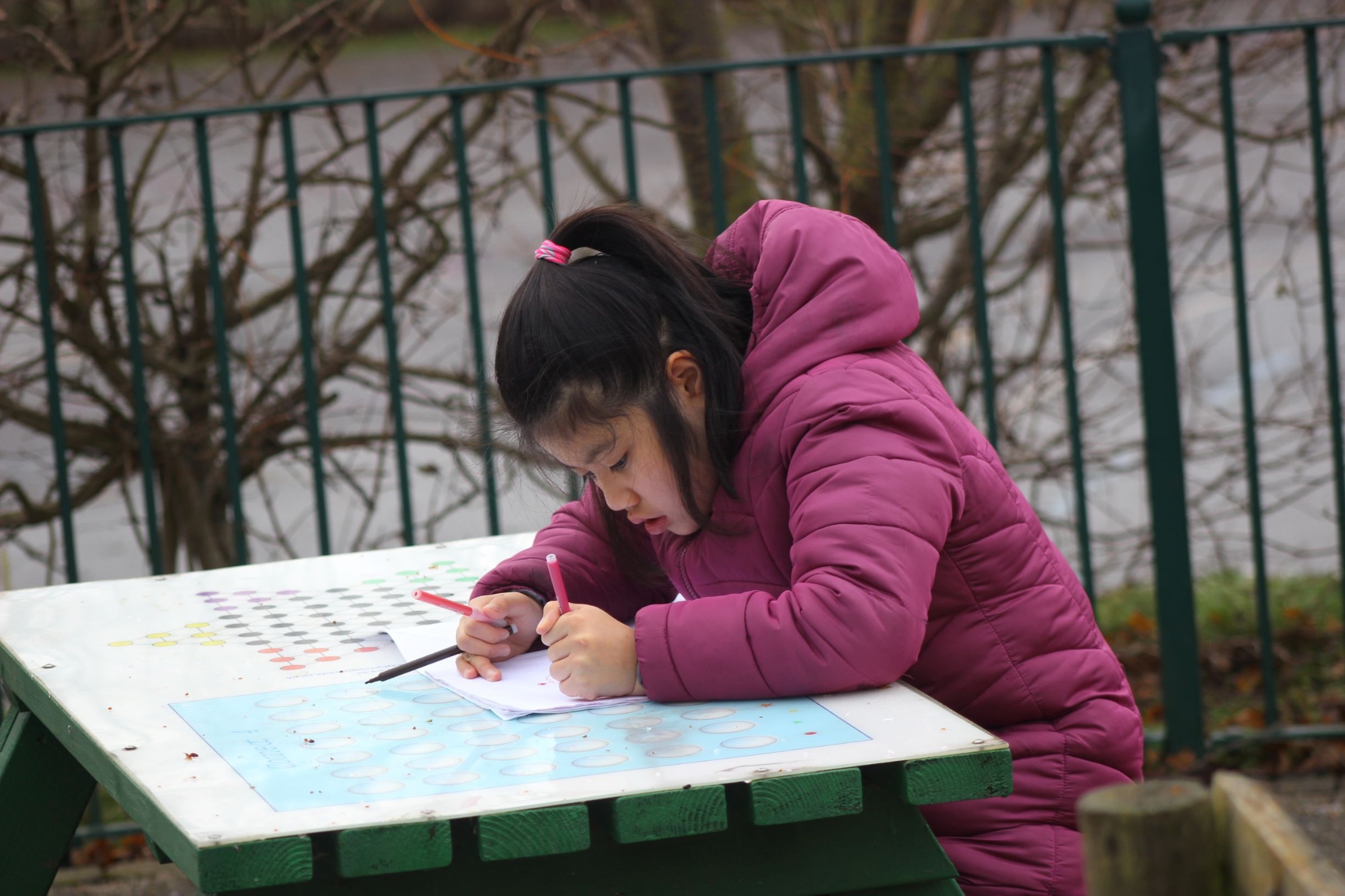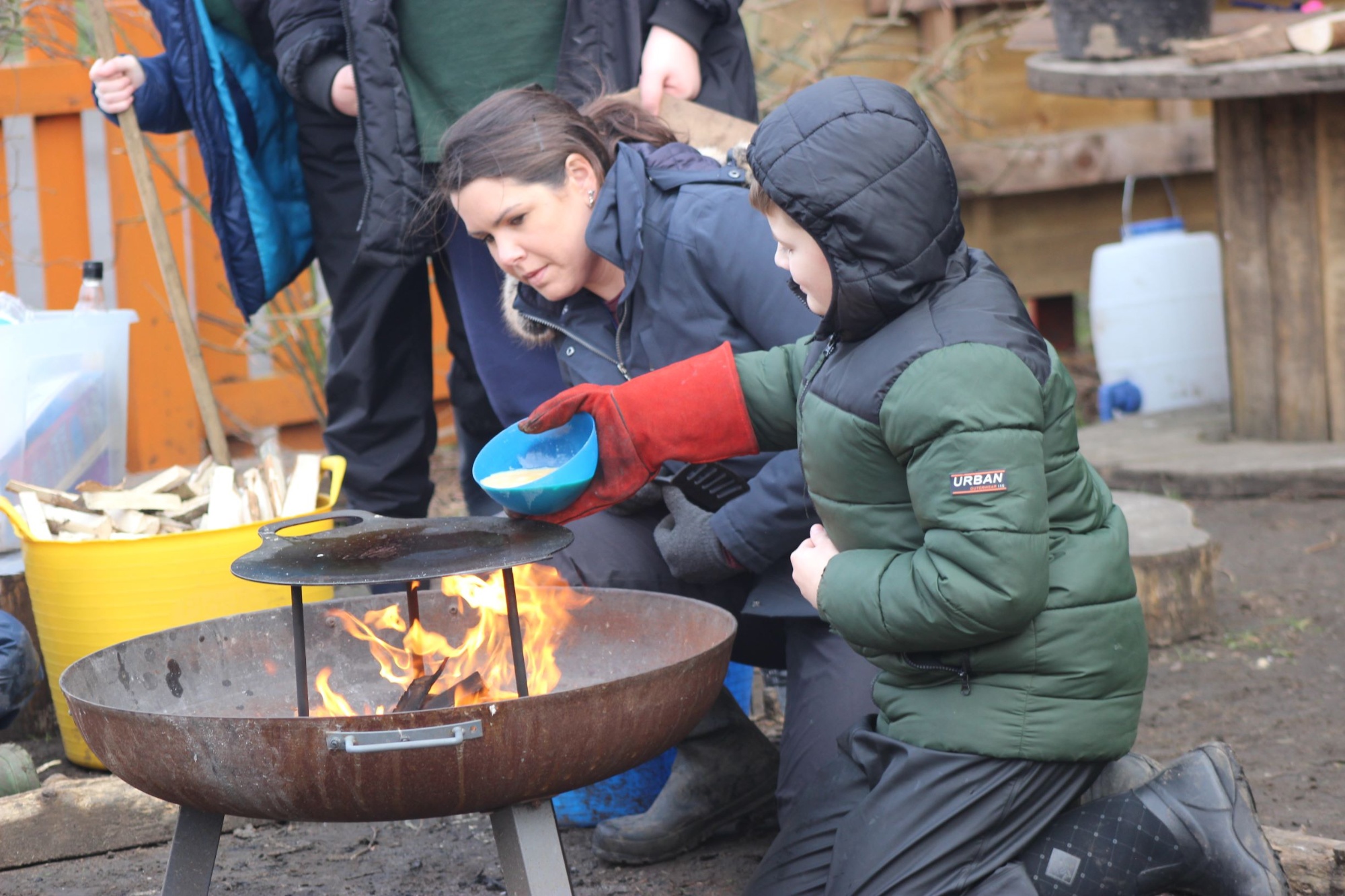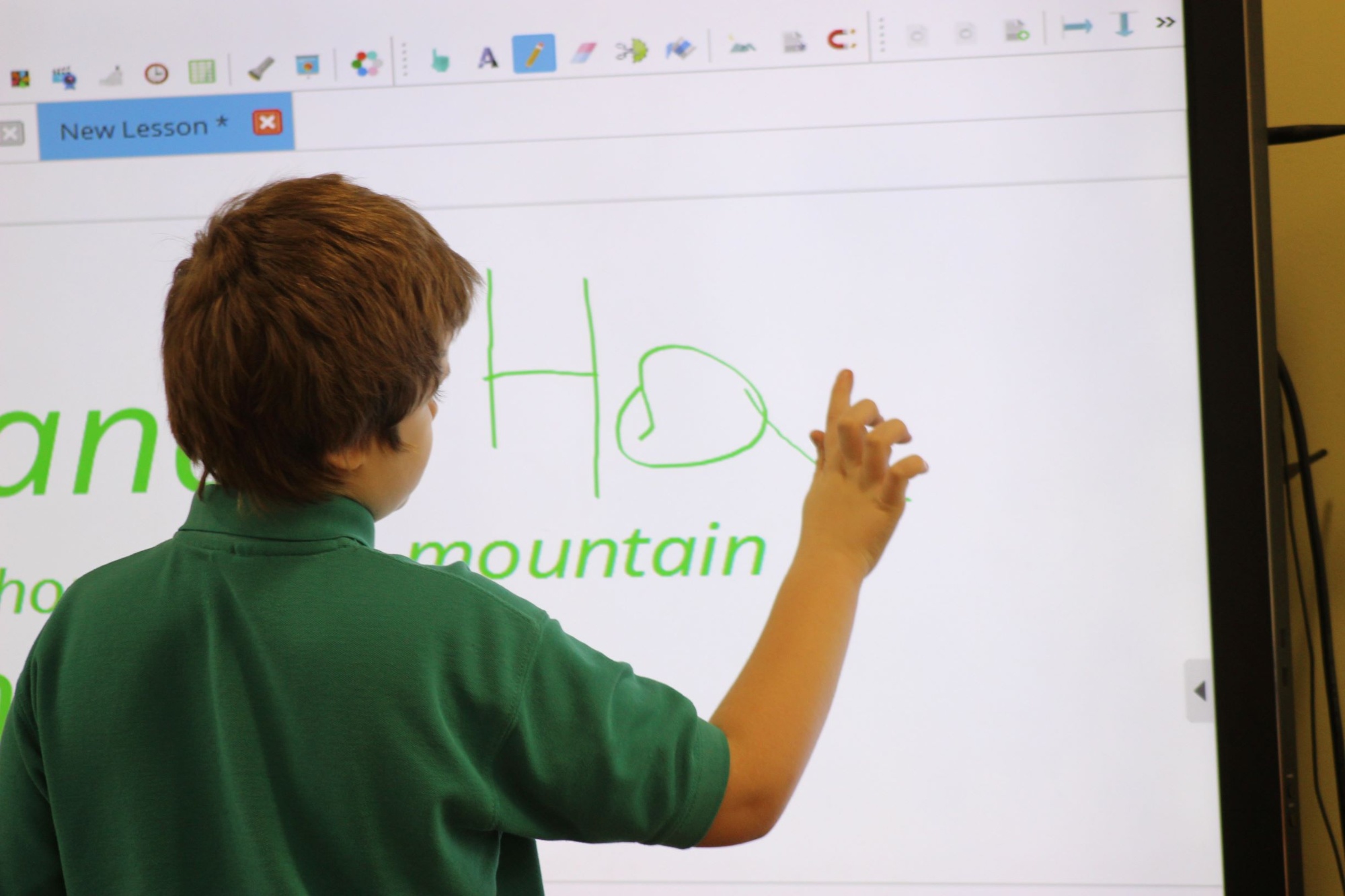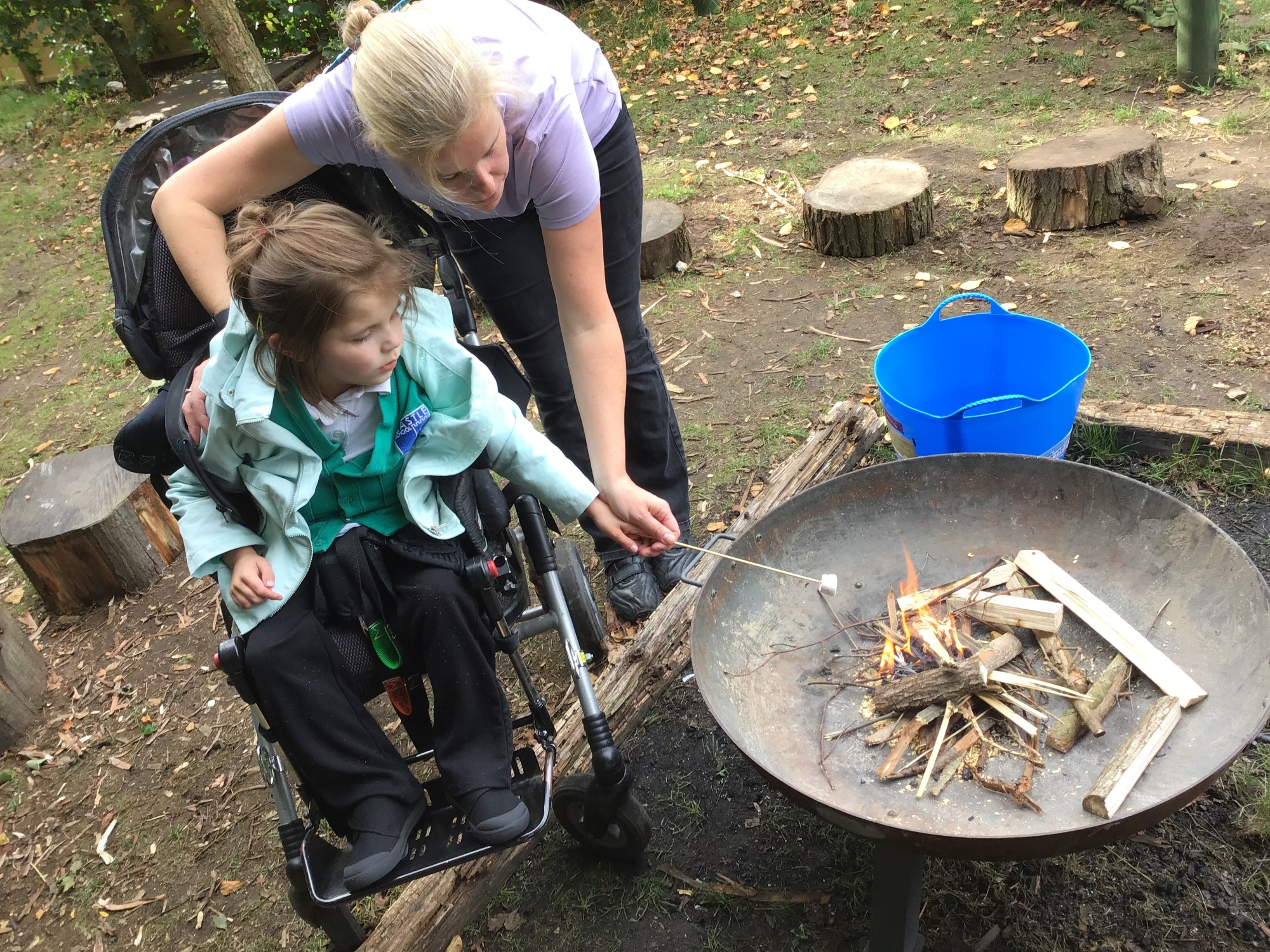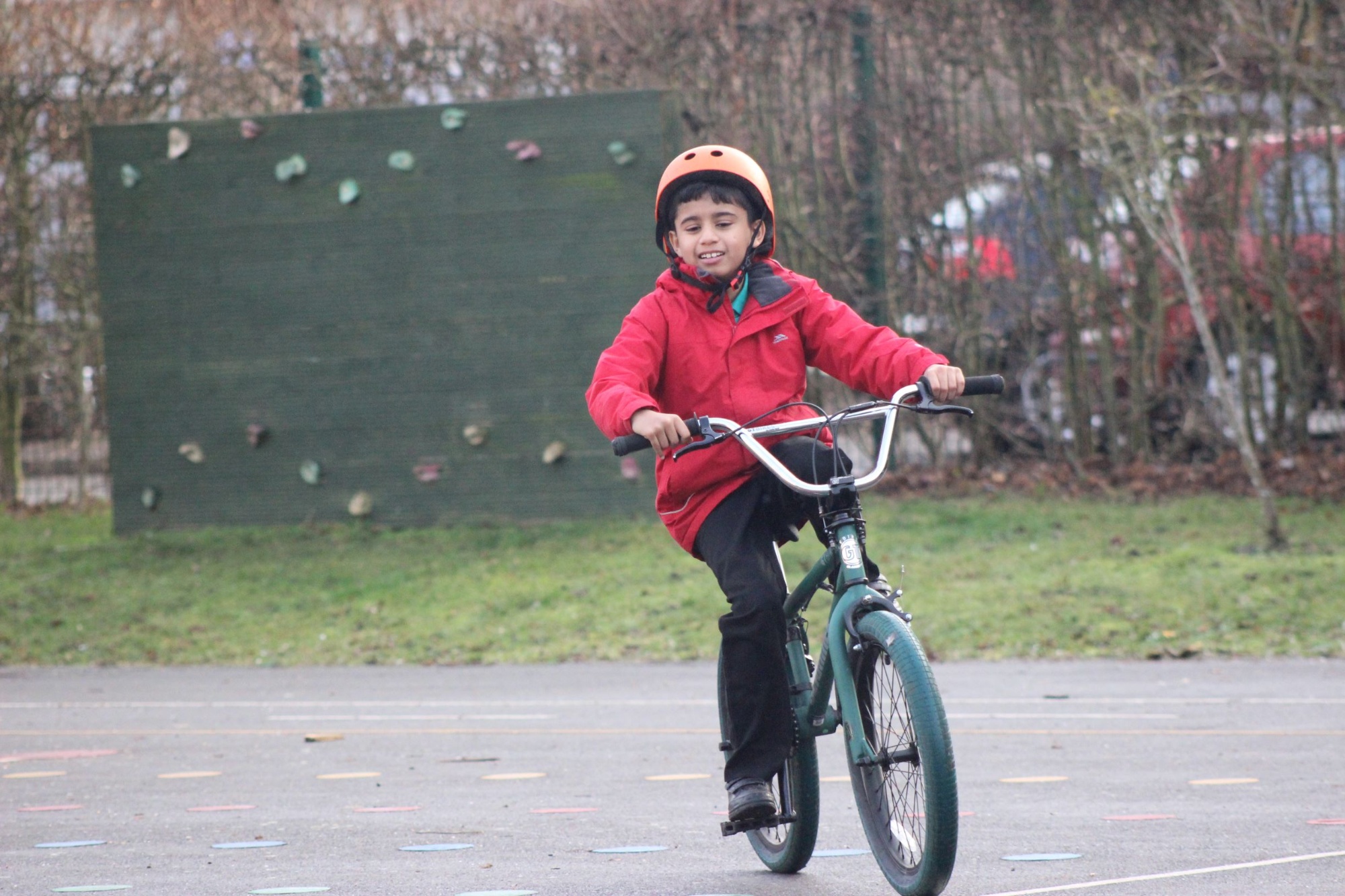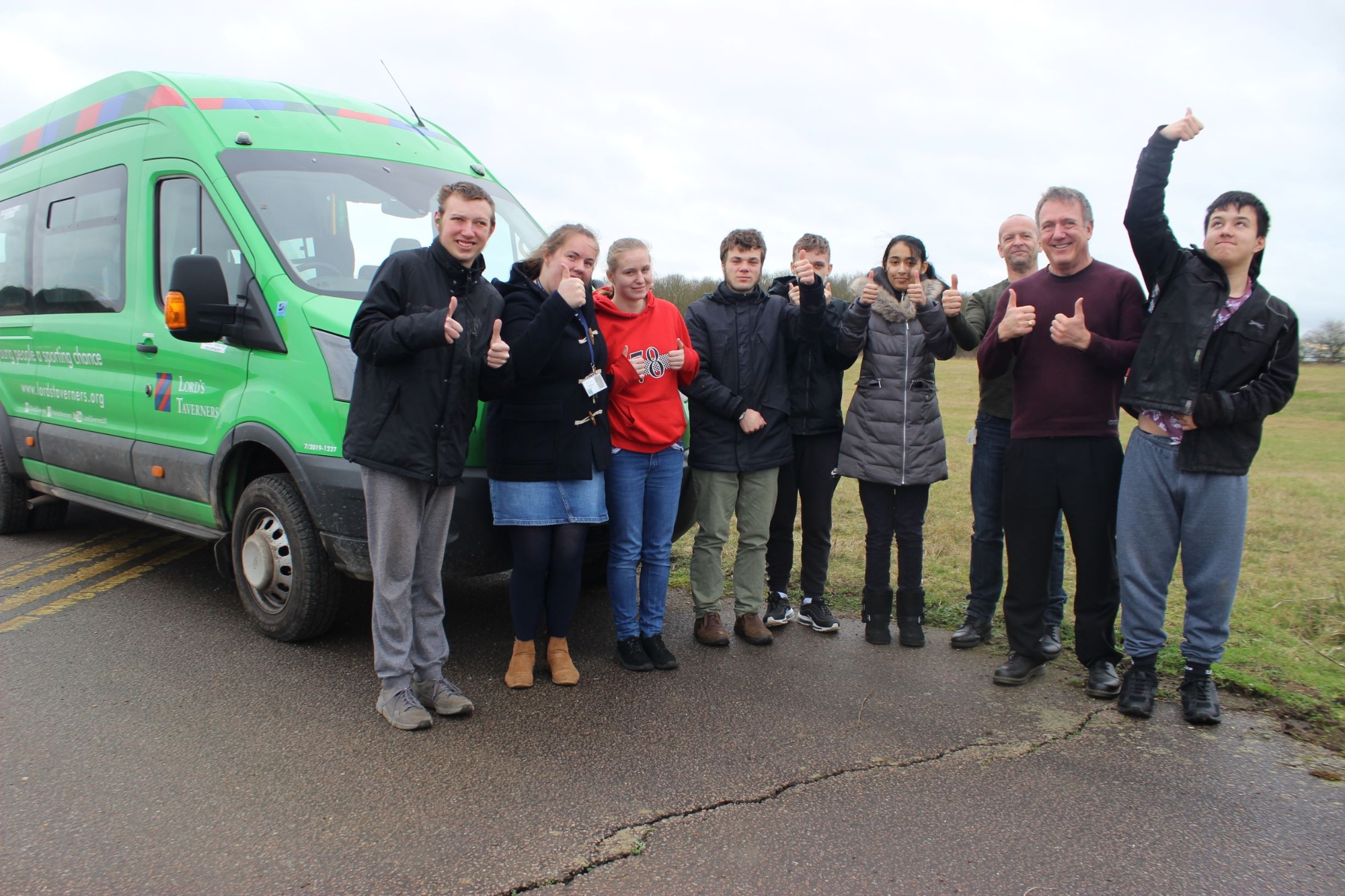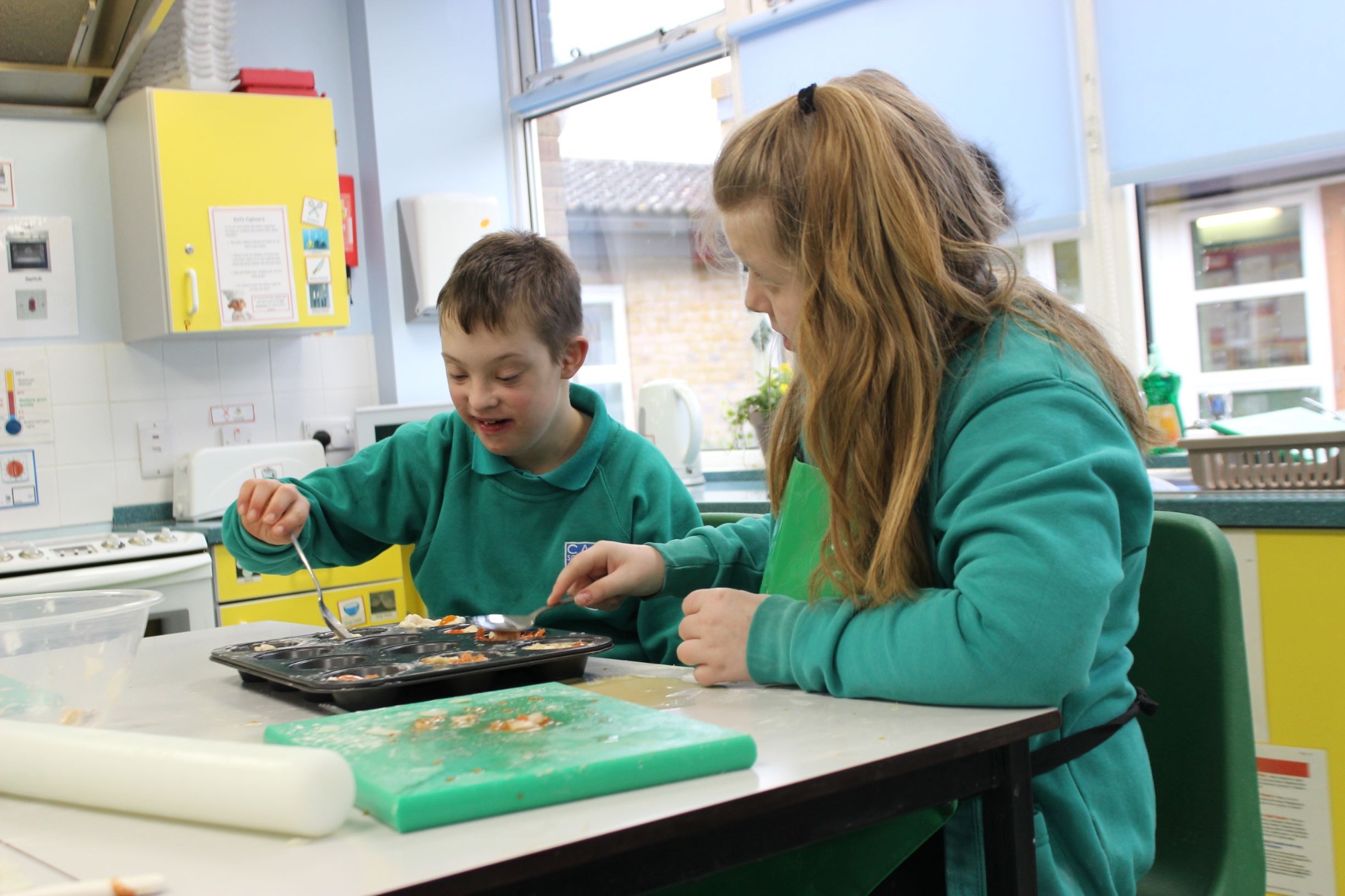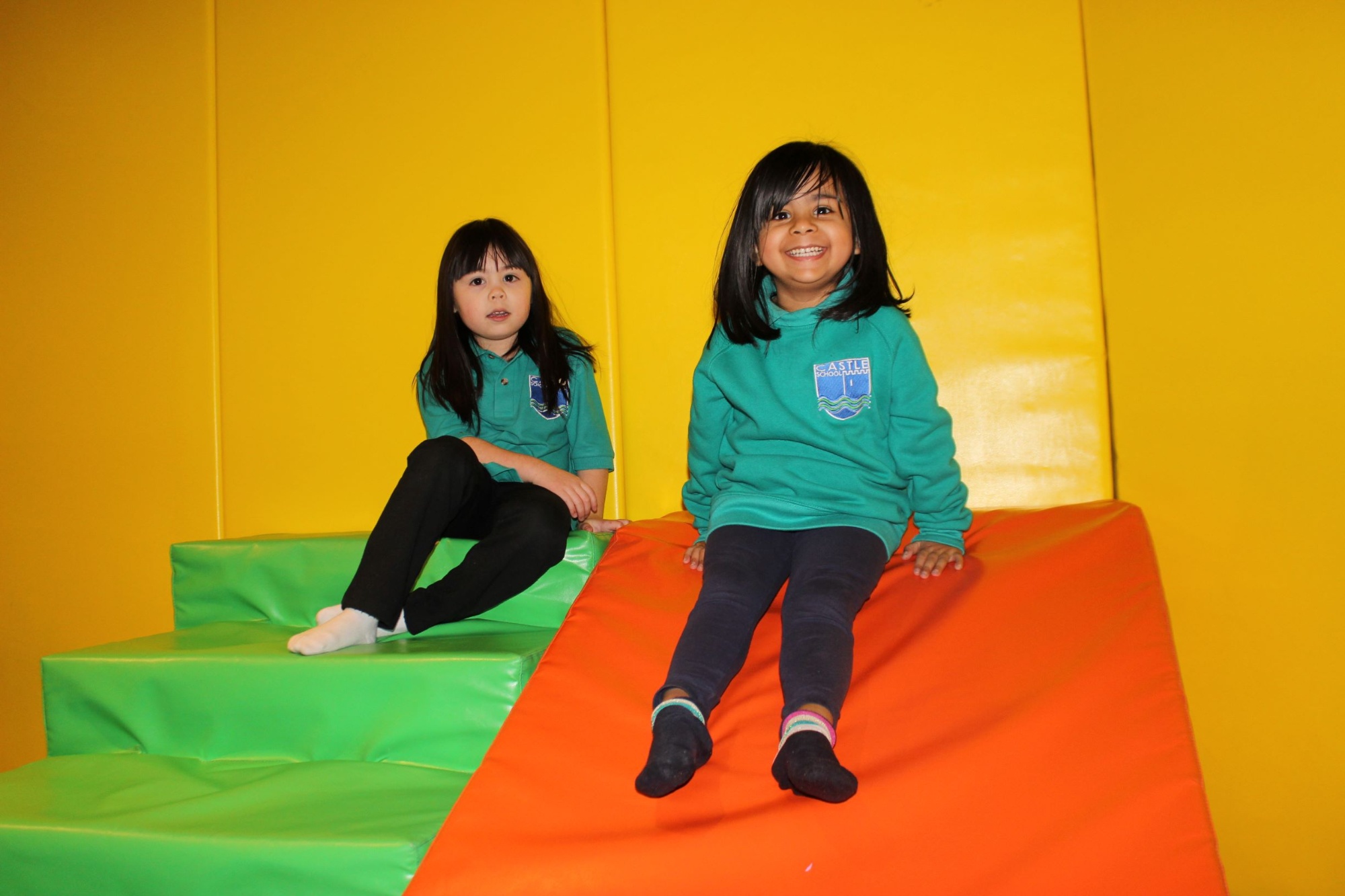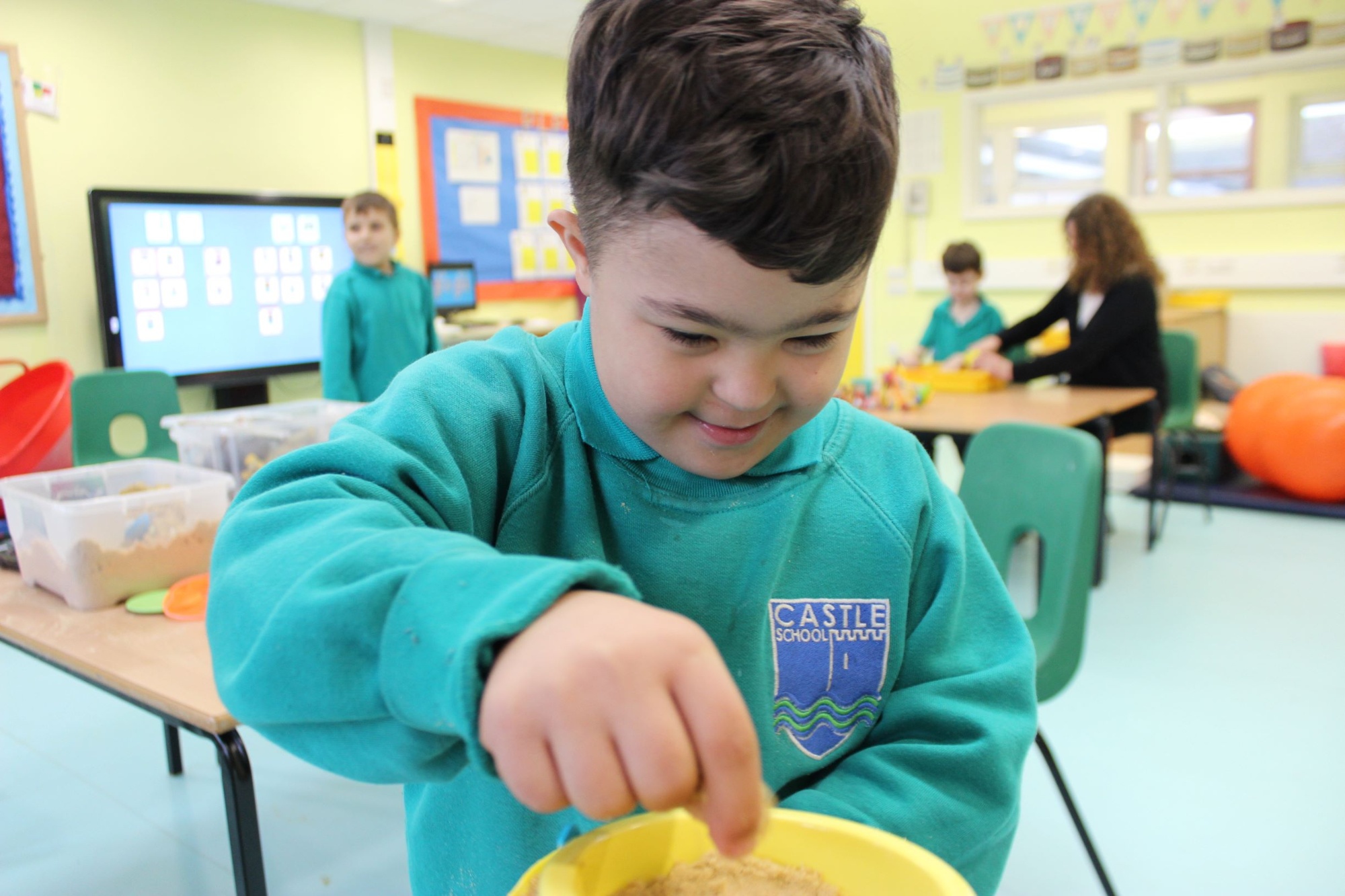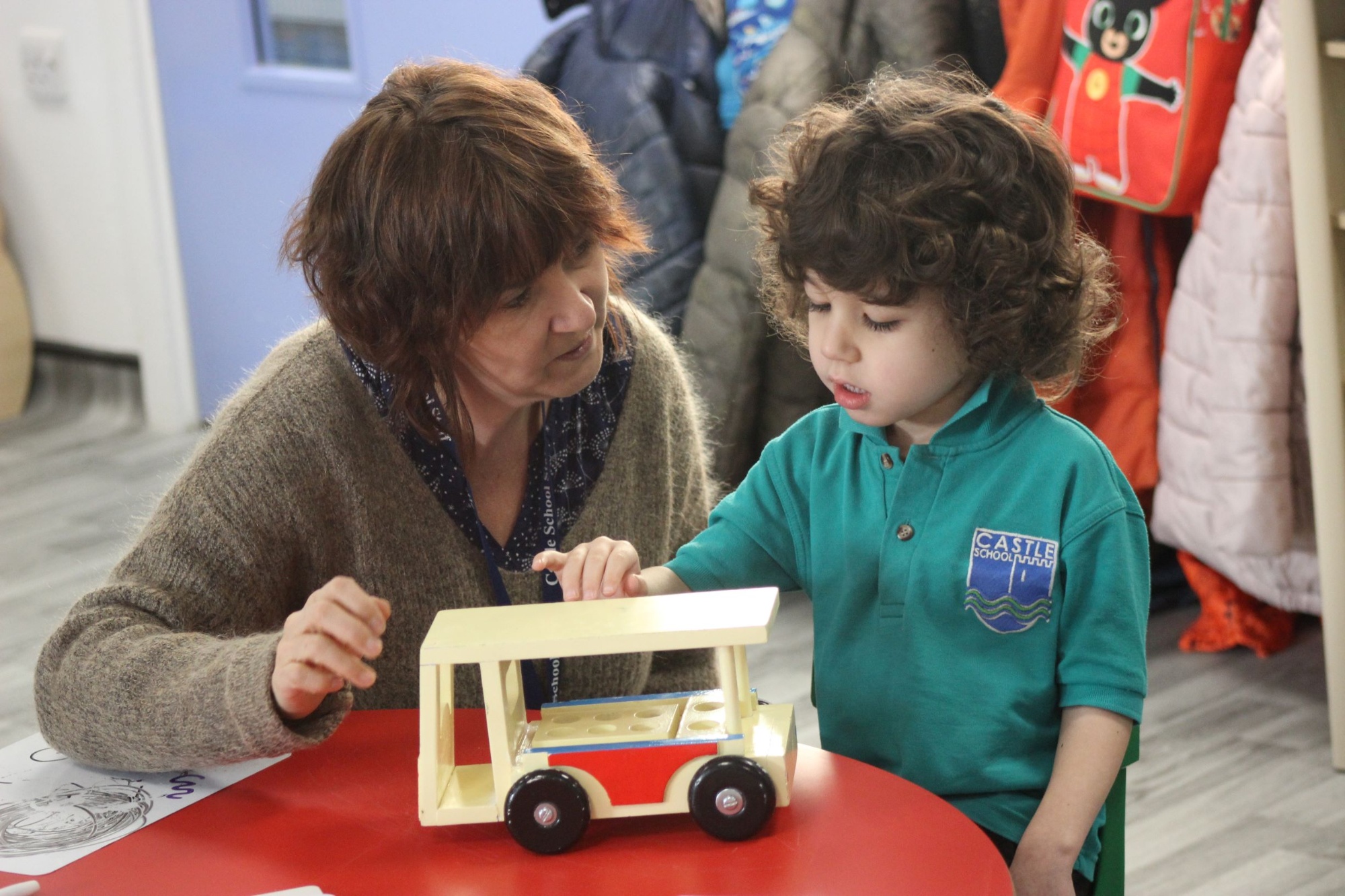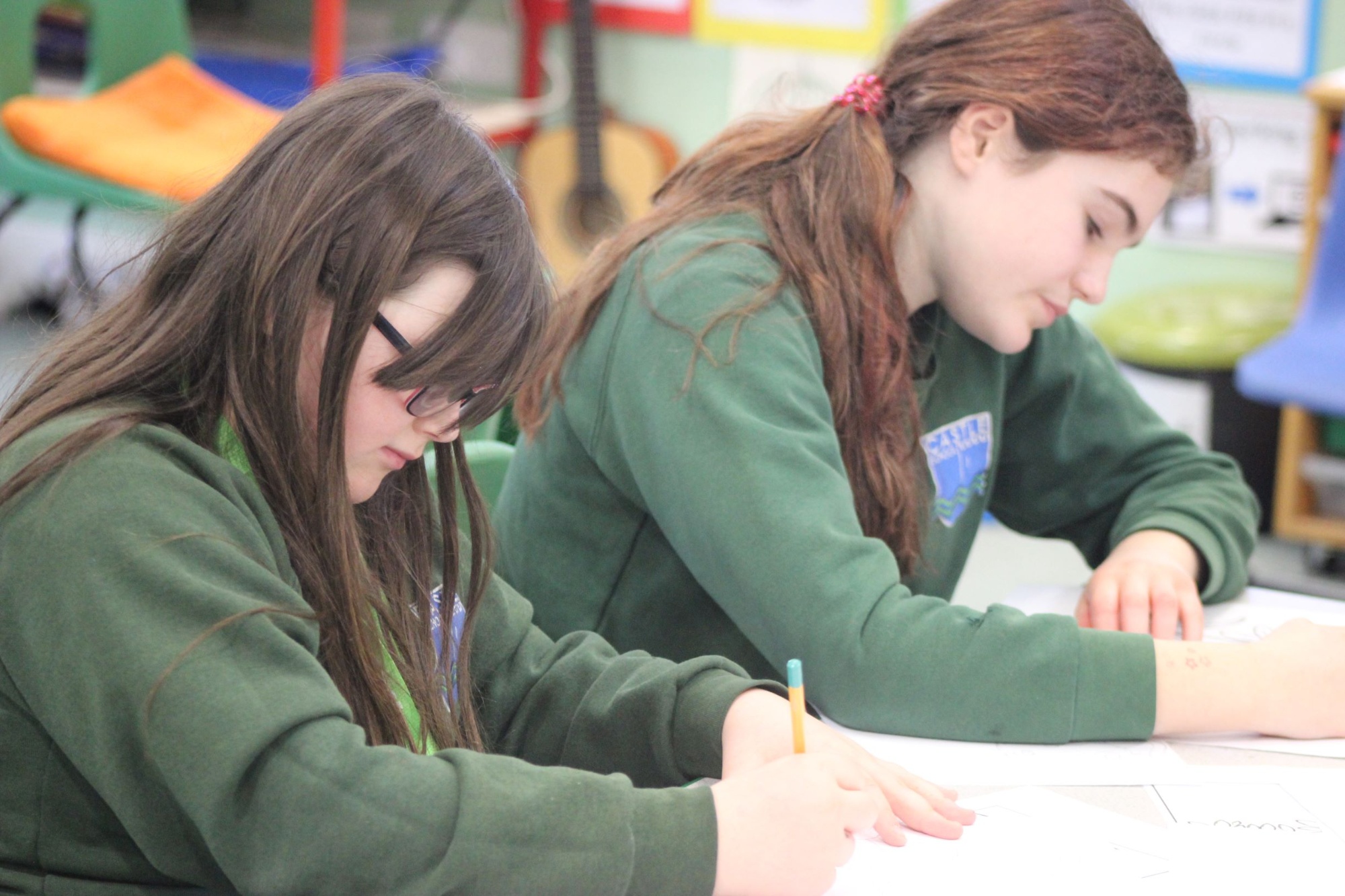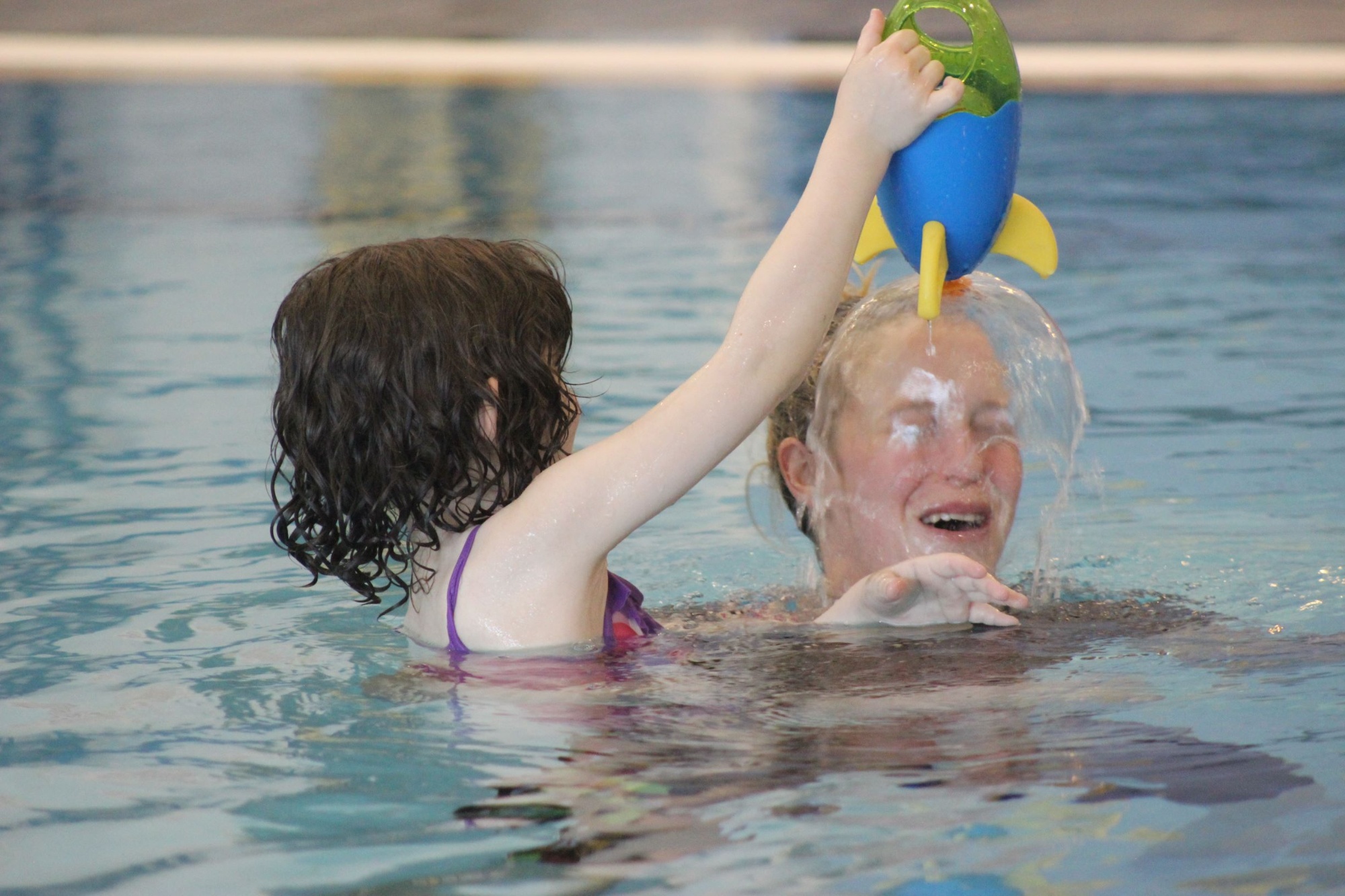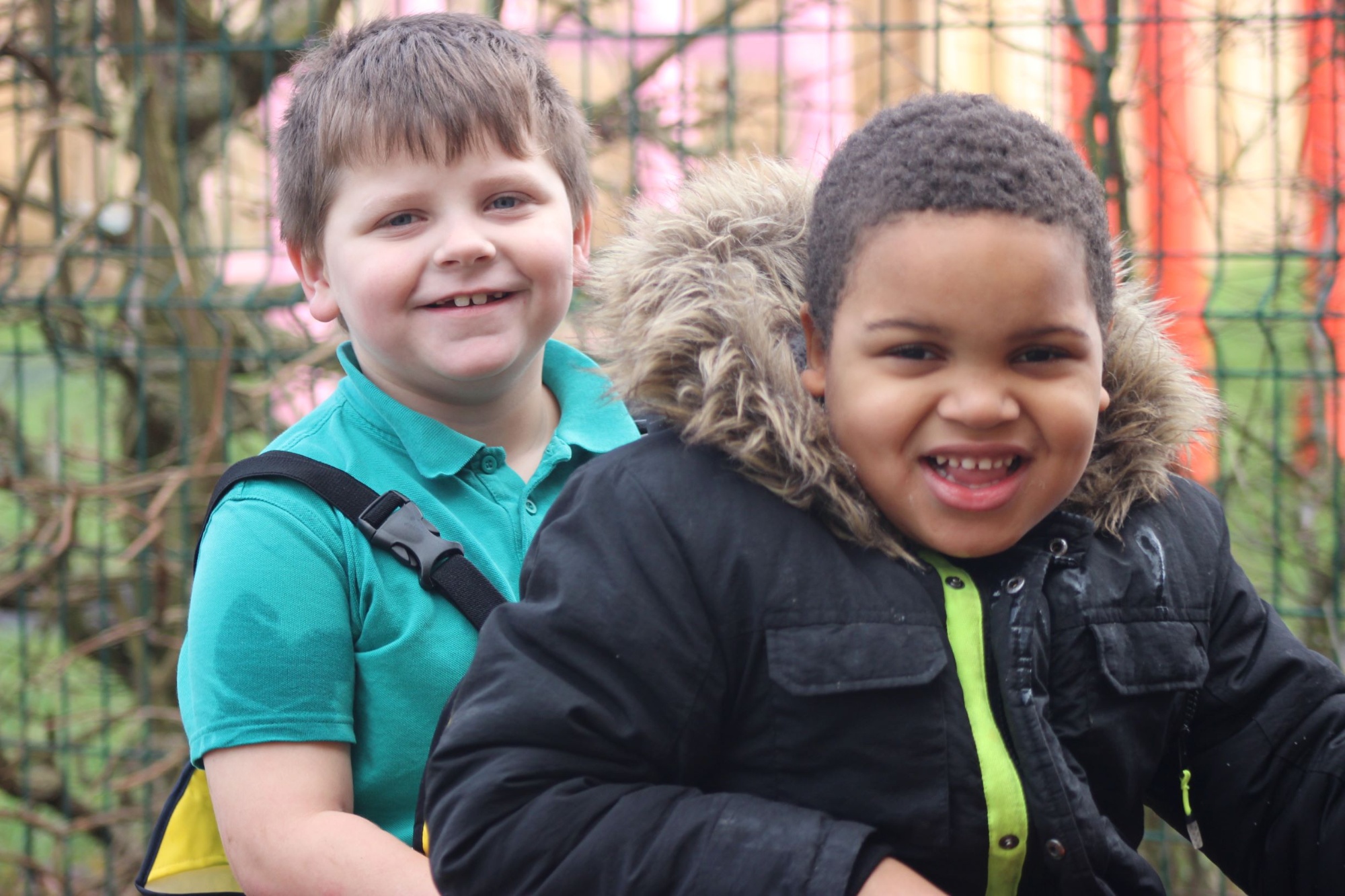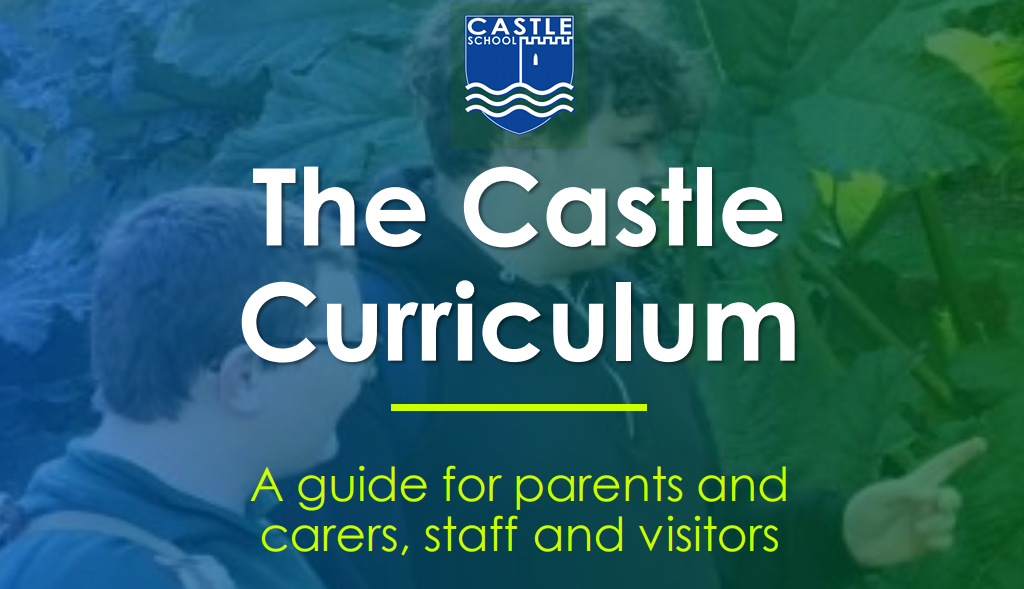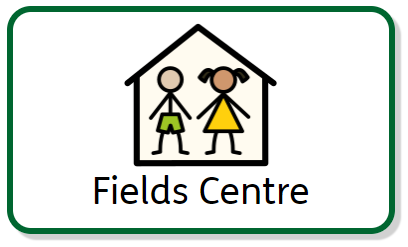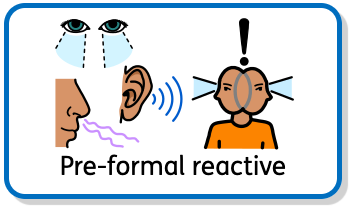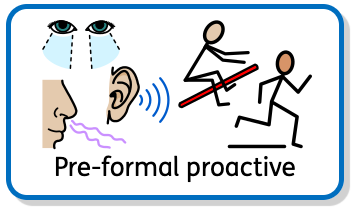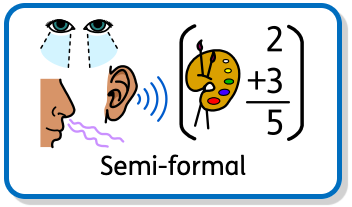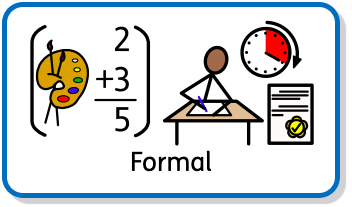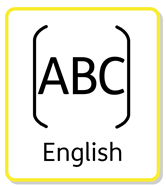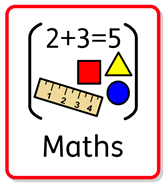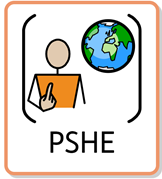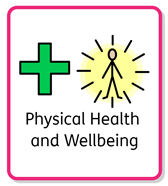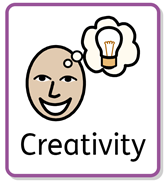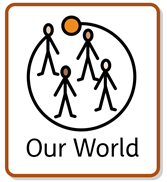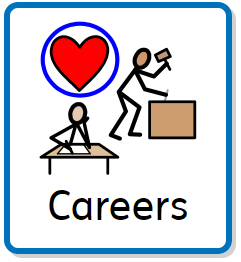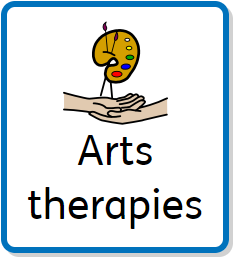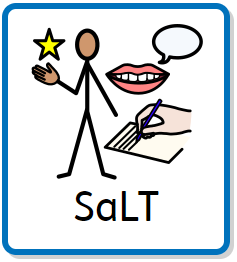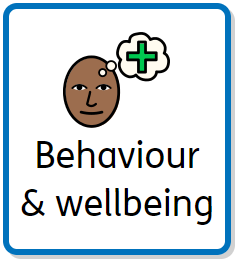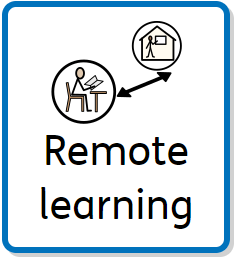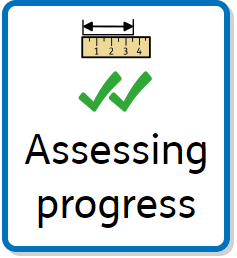Curriculum
Our curriculum aims to make the child’s learning stimulating, creative, fun and successful whilst setting high expectations for every child. It is delivered through high quality teaching, based on sound knowledge and understanding of each child’s needs. Teaching is planned around the way different pupils learn and taking care to nurture the unique talents of every learner. We have developed a coherent and carefully sequenced curriculum based on a range of compelling and engaging learning experiences, which excite and inspire our learners. We aim to develop in each learner aspirations to succeed and achieve their best, while providing a foundation for lifelong learning. We believe that children learn best when they are happy and secure, so we strive to foster fun and the enjoyment of learning.
Our approaches and ethos are based on the Birth to 5 Matters principles:
Unique Child + Positive Relationships + Enabling Environments = Learning and Development
Click on our curriculum presentation to find out more:
Our pathways
Our learners in Early Years and Key stage 1 are based at the Fields Centre, following the Birth to 5 Matters learning programme.
Our learners on the main site follow one of four learning pathways, with the possibility for flexibility and movement between them.
Areas of Learning
We have six areas of learning which intersect with our four pathways: Maths, English, PSHE, Physical, Creativity, and Our World.
Each area of learning has a half-term when there is a deeper focus. During the half-term there will be key events and staff training linked to that area of learning.
Further opportunities
We strongly believe in contextualised learning and the taught curriculum is enhanced by a range of opportunities in and out of school. All of our learning supports the Preparation for Adulthood Agenda.

